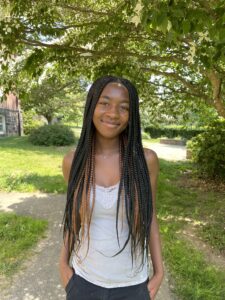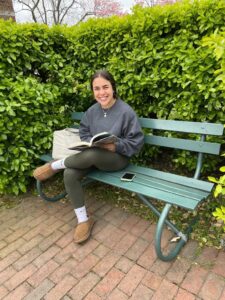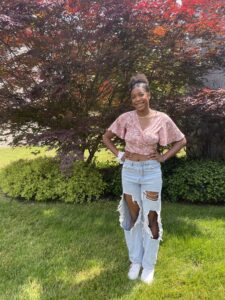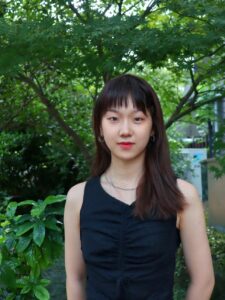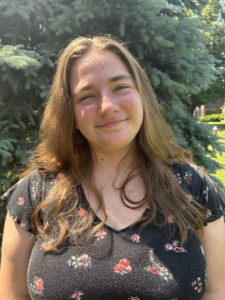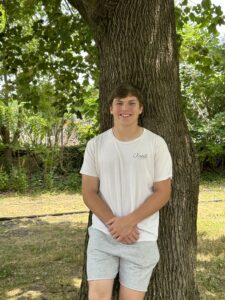This course builds the foundation for the actor’s approach and process. It is designed to welcome students into a safe environment to test and develop a reliable process. Students participate in ensemble-forming exercises that develop concentration, explore the meaning of truth, and encourage spontaneity, simplicity, integrity, and generosity with the goal of helping the actor become more sensitive, imaginative, responsive, and alive on the stage. The process involved in this course allows students to discover themselves as artists and broaden their personal perspectives of social and human behaviors. Continued work aims to fully develop emotional and intellectual resources and bring more freedom to the work of the actor. In addition, students learn and establish a working vocabulary of terms used in the professional acting field. Participants are given the opportunity to stage Green Room showcases of their work.
The course is composed of 3 consecutive mods:
Acting Techniques
This is the first mod of the 3-mod core sequence. With primary focus on the Meisner Technique, it also draws from other 20th century teachers, including but not limited to: Uta Hagen, Lee Strasberg, Stella Adler, and Patsy Rodenburg. The focus is on integrating practical analysis with a systematic, intuitive approach to acting.
Movement, Voice and Imagination
The second mod adds the physical aspects of acting. Using the voice, body and imagination, the student actor is encouraged to work beyond their comfort zone and respond to impulses. The goal is to develop a facility for abandoning intellectual control of their performance and to respond to given stimuli, both external and internal. Concepts of making bold choices, devising truth in imaginary circumstances, and stimulus-response provide the student with tools for future script work and character development.
Working With and Without a Text
In the final mod of the core sequence, students will begin to analyze a text and the actor’s role in storytelling, including connecting the specifics of text analysis to the emotional and physical portrayal of a role. Students also use improvisation as a technique for exploring and developing unique interpretations from a variety of perspectives. Critical thinking and close reading skills are developed with this type of learning.
After completing the mods in sequential order, students may repeat any or all mods in any order or they may move into Theater Arts: Advanced Acting & Directing.
Min-Max Credit Hours: 1.0-3.0




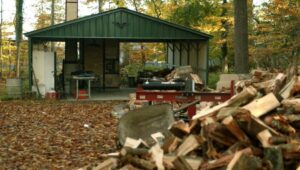

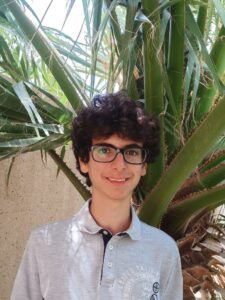 Monastir, Tunisia, and Amman, Jordan
Monastir, Tunisia, and Amman, Jordan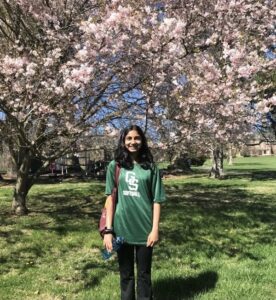 Irvine, CA
Irvine, CA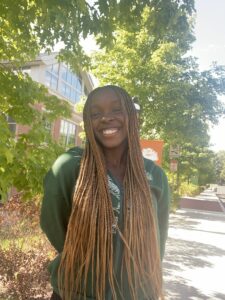 Feasterville-Trevose, PA
Feasterville-Trevose, PA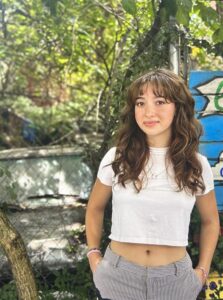 New Hope, PA (Previously NYC)
New Hope, PA (Previously NYC)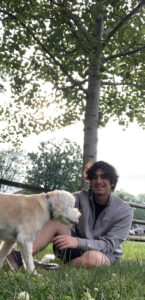 Richboro, PA
Richboro, PA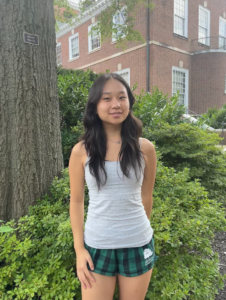 Englewood, NJ
Englewood, NJ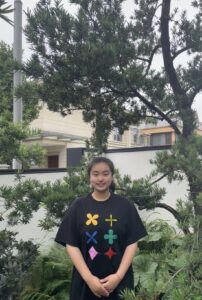 Ningbo, Zhejiang, China
Ningbo, Zhejiang, China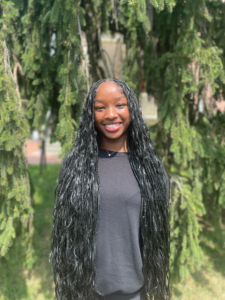 Willingboro, NJ
Willingboro, NJ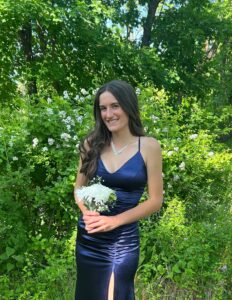 Yardley, PA
Yardley, PA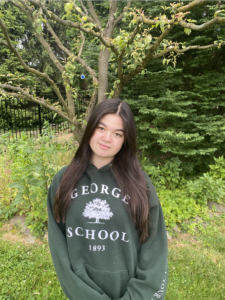 Newtown, PA
Newtown, PA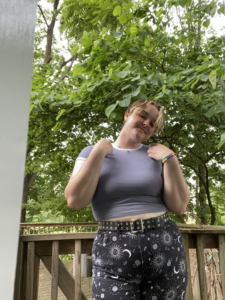 Holicong, PA
Holicong, PA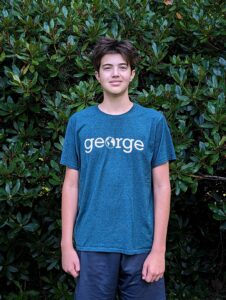 Newtown, PA
Newtown, PA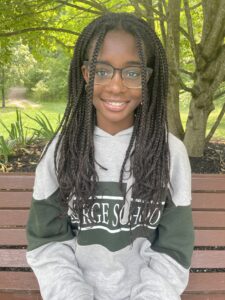 Hamilton, NJ
Hamilton, NJ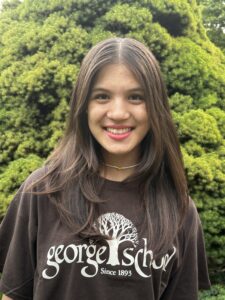 Yardley, PA
Yardley, PA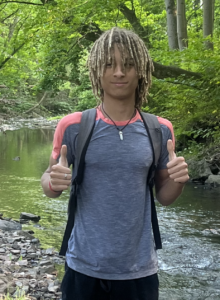 Lambertville, NJ
Lambertville, NJ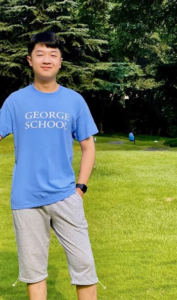 Chongqing, China
Chongqing, China Pennington, NJ
Pennington, NJ Yardley, PA
Yardley, PA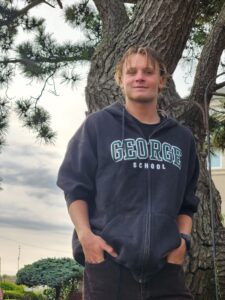 Bensalem, PA
Bensalem, PA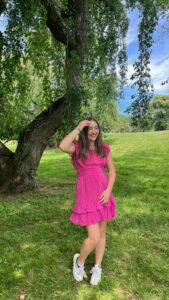 Borgota, Colombia
Borgota, Colombia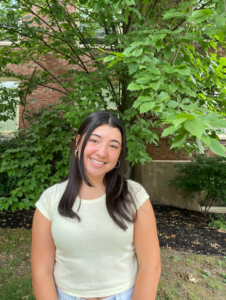 Newtown, PA
Newtown, PA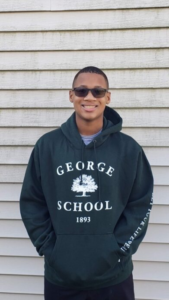 Burlington, NJ
Burlington, NJ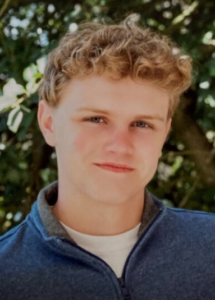 Langhorne, PA
Langhorne, PA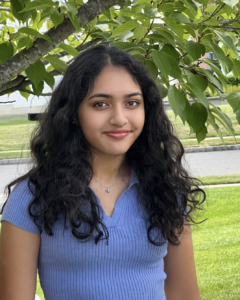 Princeton, NJ
Princeton, NJ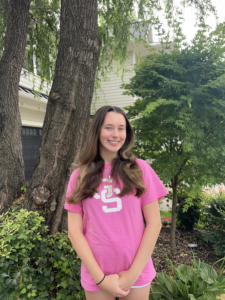 Langhorne, PA
Langhorne, PA New York City, NY
New York City, NY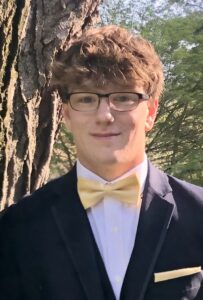 New Hope, PA
New Hope, PA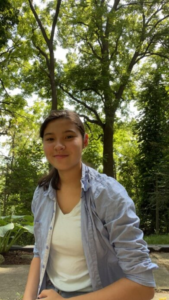 St. Catharines, Ontario, Canada
St. Catharines, Ontario, Canada Providenciales, Turks and Caicos Islands
Providenciales, Turks and Caicos Islands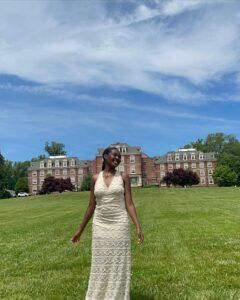 Willingboro, NJ
Willingboro, NJ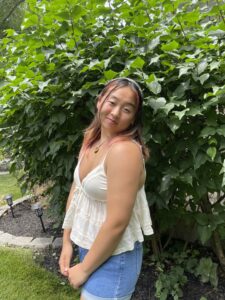 Princeton, NJ
Princeton, NJ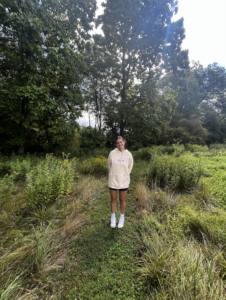
 Newark, NJ
Newark, NJ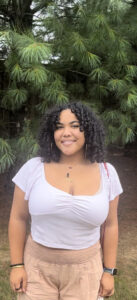 Trenton, NJ
Trenton, NJ Newtown, PA
Newtown, PA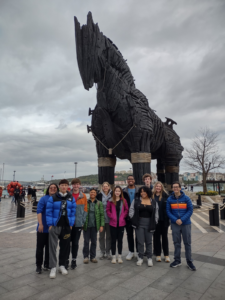
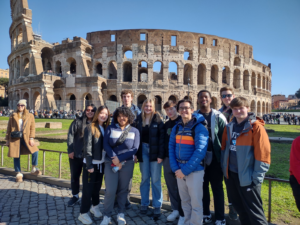
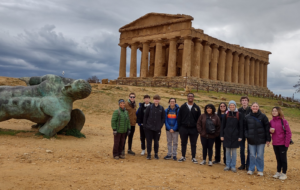




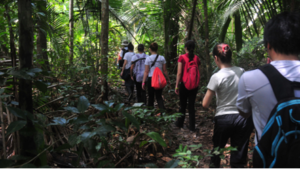
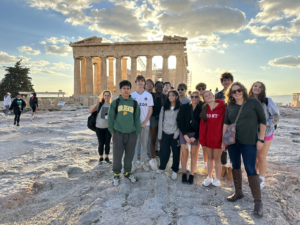
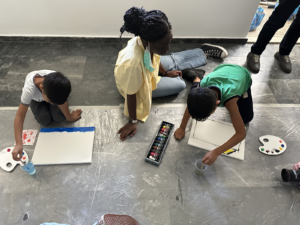
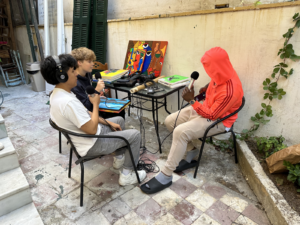

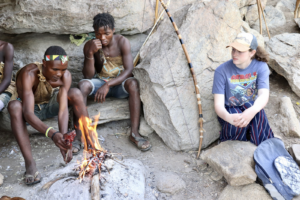
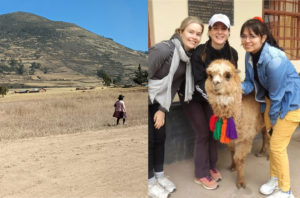
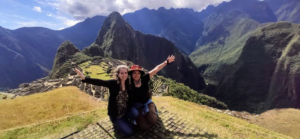
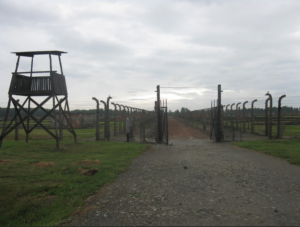
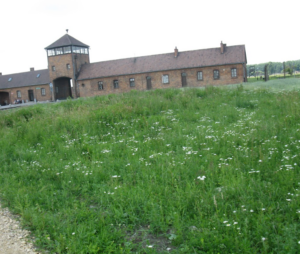
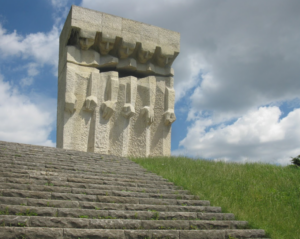
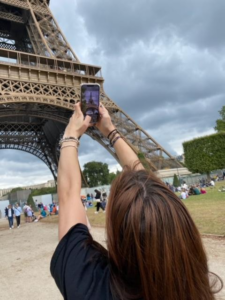
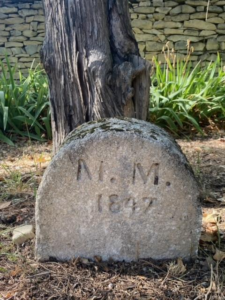
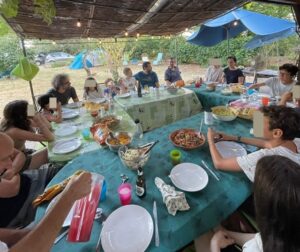
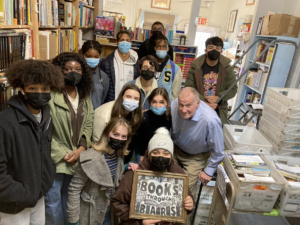
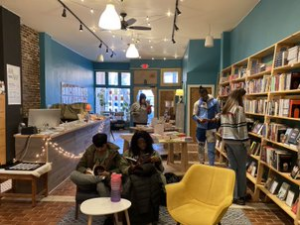
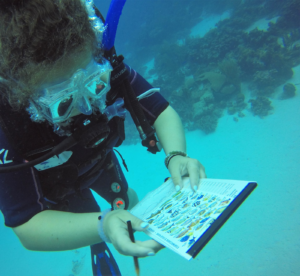

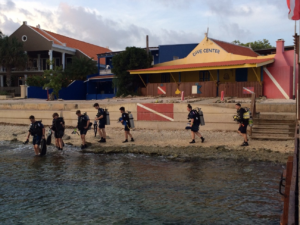
 Lawrence, NJ
Lawrence, NJ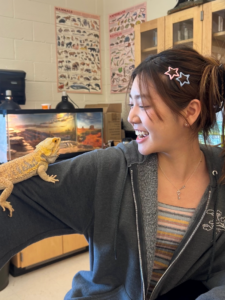 Seoul, South Korea
Seoul, South Korea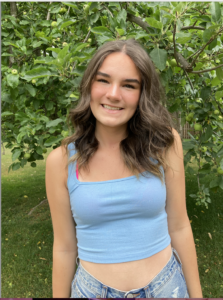
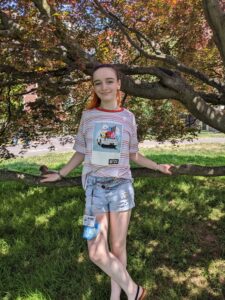 Milwaukee, Wisconsin
Milwaukee, Wisconsin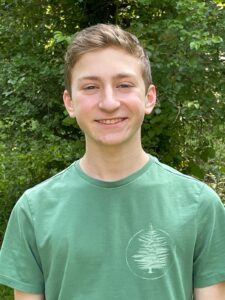 Pennington, NJ
Pennington, NJ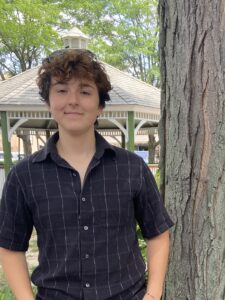 Jenkintown, PA
Jenkintown, PA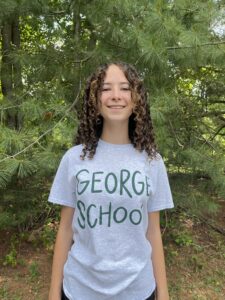 Ottsville, PA
Ottsville, PA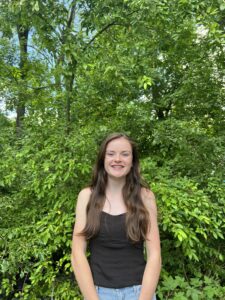 Yardley, PA
Yardley, PA Providenciales, Turks and Caicos Islands
Providenciales, Turks and Caicos Islands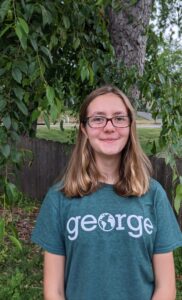 Hopewell, NJ
Hopewell, NJ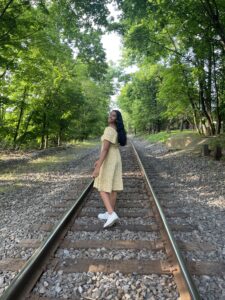
 Pottstown, PA
Pottstown, PA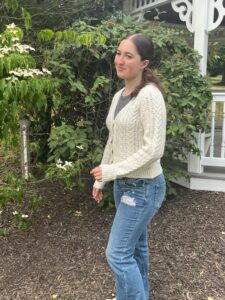 Playa del Carmen, Quintana Roo, México
Playa del Carmen, Quintana Roo, México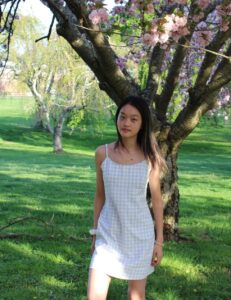 Shanghai, China
Shanghai, China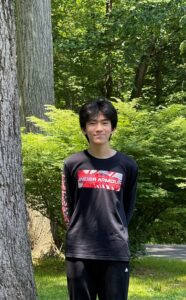 Beijing, China
Beijing, China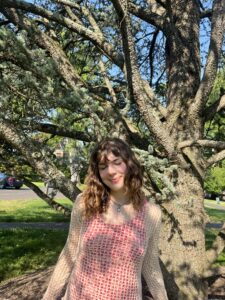 Yardley, PA
Yardley, PA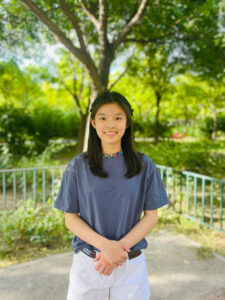 Beijing, China
Beijing, China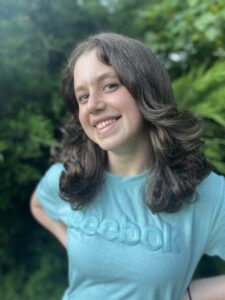 Holland, PA
Holland, PA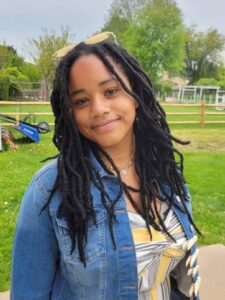 Langhorne, PA
Langhorne, PA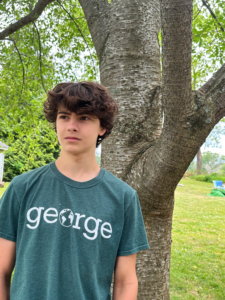 Ringoes, NJ
Ringoes, NJ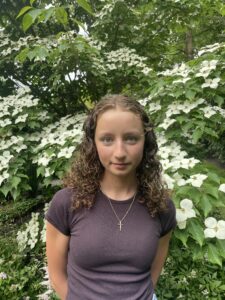 New Hope, PA
New Hope, PA Dreshner, PA
Dreshner, PA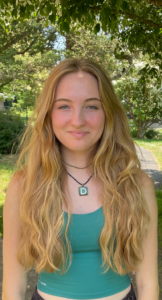 Yardley, PA
Yardley, PA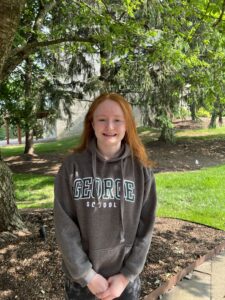 Yardley, PA
Yardley, PA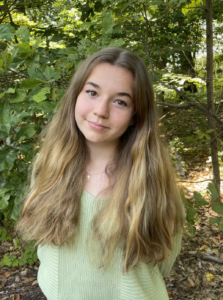 PA
PA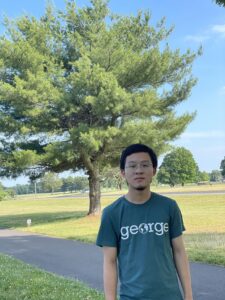
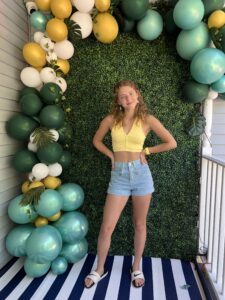
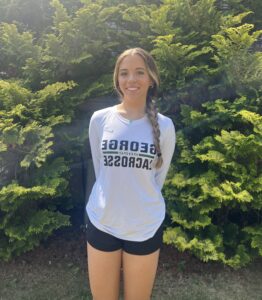
 Xi’an, China
Xi’an, China